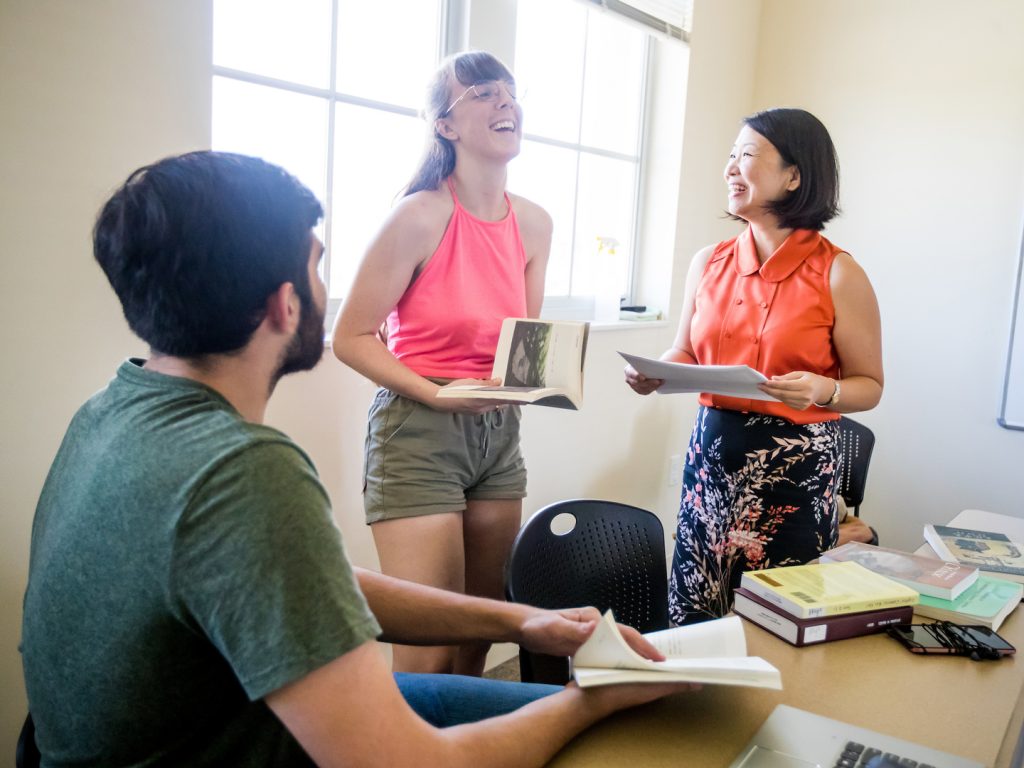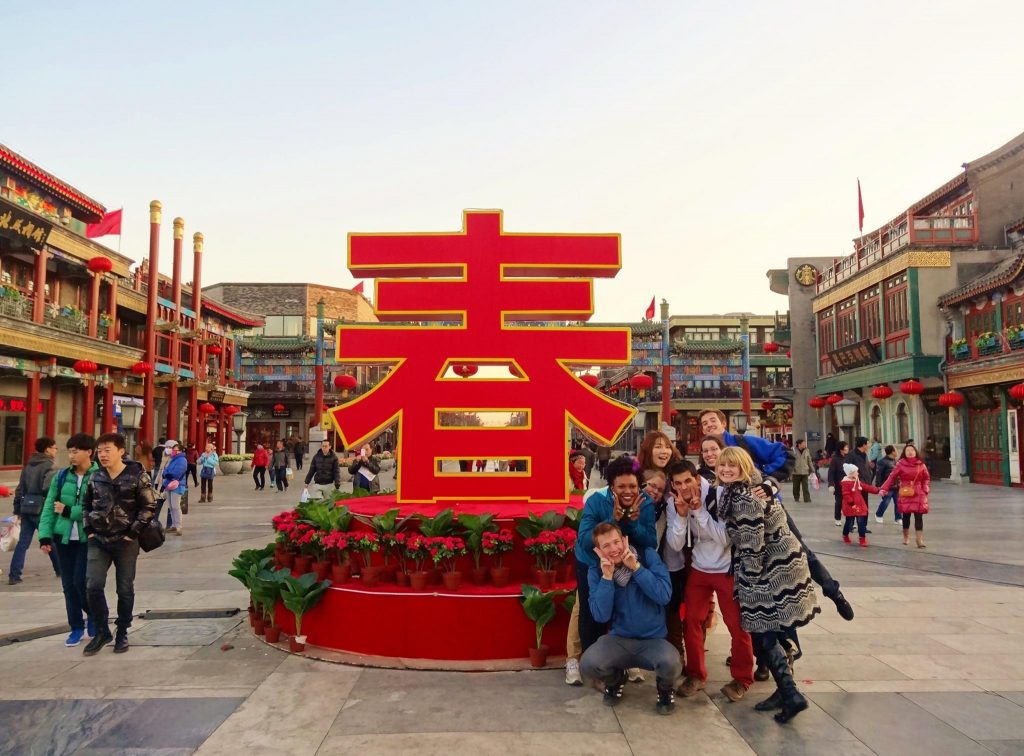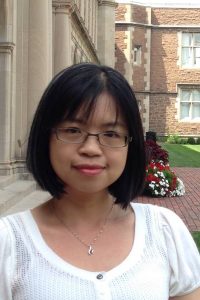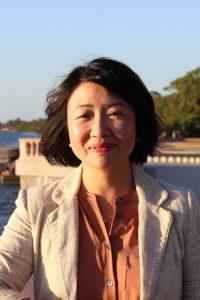If you are intrigued by a civilization more than 5,000 years old, a language that is the most widely spoken and written in the world, and a rapidly changing economic and technological giant, the Chinese AOC is for you.

About the Chinese Area of Concentration
The Chinese program at New College offers courses at all levels of Chinese language as well as courses and tutorials on Chinese language, literature and culture in English translation. Language courses are offered regularly, and cultural content courses change each year covering both surveys and special topics. Students with an Area of Concentration in Chinese develop a high level of proficiency in all aspects of Mandarin Chinese, a broad historical and cultural knowledge of classical and modern Chinese culture, and in-depth knowledge of certain authors, genres, periods or themes. Courses may explore visual and literary representation of landscape and environment, or heroes and heroines in literature and film, or contemporary literature from the mainland, Hong Kong, and Taiwan that take up contemporary issues of crisis and modernity.
In light of the interdisciplinary nature of the Chinese program, students are encouraged to take courses from related fields and disciplines, and/or complete a combined AOC with another discipline. Chinese has been combined with a wide range of other disciplines, from humanities, social sciences, and natural sciences.
“I’ve studied Mandarin for the past four years at New College, and now I get to travel to Taiwan and use my skills to share my culture and learn more about theirs.”
Grace Hamilton (East Asian Studies/Chinese)
2020 Graduate and Fulbright English Teaching Assistant Award Recipient
Featured Course
LITR 2070
Landscape in Chinese Literature & Film
This class traces the concept of shanshui 山水 (landscape; or literally mountains and waters) and related themes in literary texts, visual arts, and films from traditional to contemporary China. Shanshui is a crucial spatial concept in traditional Chinese aesthetics. Related topics such as “fields and garden” as well as their modern reinventions such as the rural and the countryside, are prominent in premodern literature and contemporary films that reveal deep ecological concerns. The issues we explore include the relationships between space and place, space and body, space and gender, the national vs. local, rural vs. urban, and translatability of space. A case study we conduct centers around the Three Gorges as a site of a rich poetic tradition of nature writing and of a major environmental and humanitarian crisis in contemporary China. By juxtaposing classical and contemporary works, we aim to dissect “nature” as an aesthetic concept, reveal social, political, and cultural tensions in the literary and artistic construction of nature, and examine how writings and art works about landscape shape people’s perception of the physical landscape and even result in its material transformation.
Recent Courses
- Classical Chinese Literature: A Survey
- Landscape in Chinese Literature and Film
- Chinese Science Fiction
- Fist Fights and Swordplay: Chinese Martial Art Film
- Heroism in Classical Chinese Narratives
- Through the Lens of the Auteur: Chinese New Wave Cinema
- Fantastic Tales and Idle Talks in Traditional China
Career Pathways
- Translation/Interpretation
- Civil service
- Foreign service
- Intelligence
- Data Science
- Journalism/Broadcasting
- Teaching
- Non-profit Organizations
- Linguistics
- Finance
Contact Us
Humanities Division
Phone Number
Email Address
Location
Ace Academic Center 116
Chinese Language and Culture Faculty
Dr. Fang-yu Li
Associate Professor of Chinese Language and Culture
Dr. Jing Zhang
Associate Professor of Chinese Language and Culture
International & Area Studies Director

Study Abroad
Expand your education beyond the classroom and beyond borders by studying and interning abroad.


